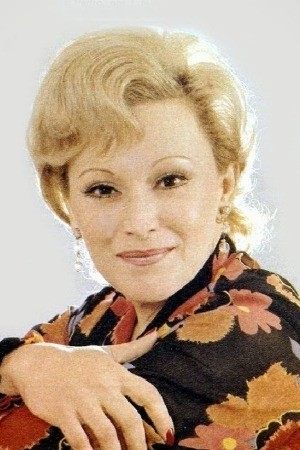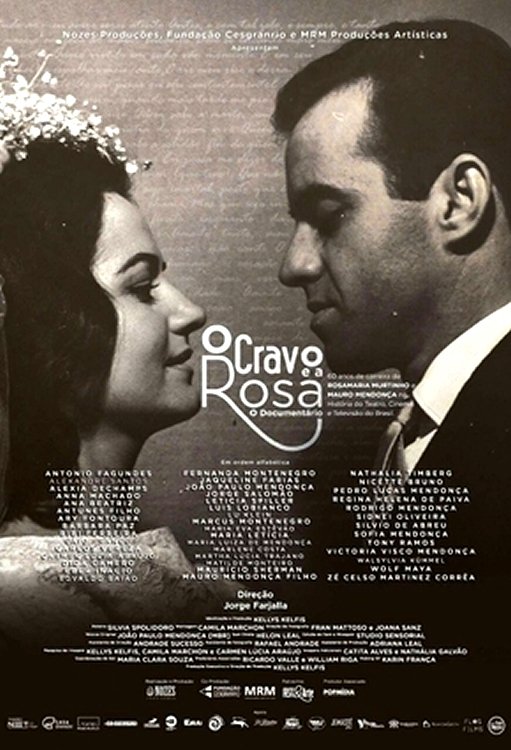

Nicete Xavier Miessa, better known by her stage name Nicette Bruno (Niterói, January 7, 1933 — Rio de Janeiro, December 20, 2020), was a Brazilian actress. Nicette made her professional debut in 1945, in the play Romeo and Juliet, based on the literary work of the same name by William Shakespeare. Daughter of actress Eleonor Bruno, Nicette was married to actor Paulo Goulart, with whom she had three children, actors Beth Goulart, Bárbara Bruno and Paulo Goulart Filho. Her television work includes Rosa dos Ventos (1973), Éramos Seis (1977), Selva de Pedra (1986), Bebê a Bordo (1988), Rainha da Sulcata (1990), Mulheres de Areia (1993), A Próxima Vítima ( 1995), Sítio do Picapau Amarelo (2001–04), Alma Gêmea (2005), Sete Pecados (2007), A Vida da Gente (2011), and other television works, being a pioneer of Brazilian television and one of the references in the history of teledramaturgy in the country.


Documentary on Rosamaria Murtinho and Mauro Mendonça’s 60-year long career...
